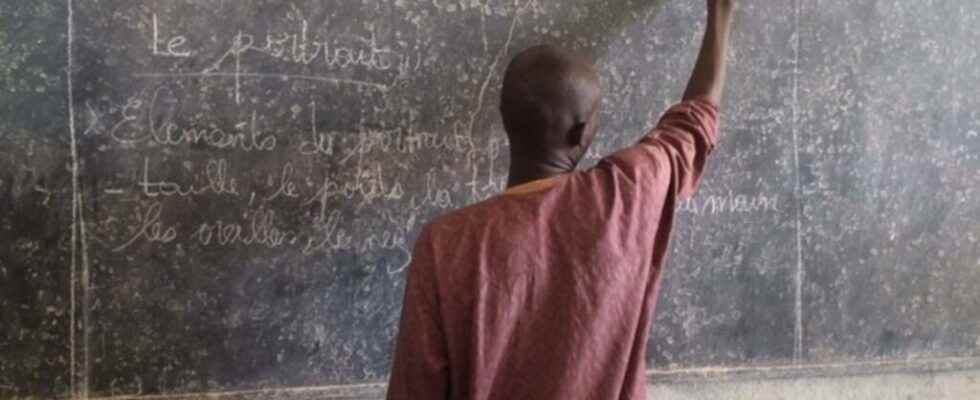Workers’ Day takes place this year in a context marked by the emergence in the public arena of new actors in the field of social demands. In this case the OTS movement.
With our correspondent in Yaoundé, Polycarp Essomba
The acronym burst onto the Cameroonian public scene last February. OTS, for “We Supported Too Much” or “We Suffered Too Much”. It is the initiative of secondary school teachers, mobilized as never before to demand the improvement of their living and working conditions. The string of demands is addressed to the administration. The statement of these problems does not present anything new in itself: several teachers’ unions have been making these grievances for more than a decade. But where the unions have rarely won their case, OTS will in a few weeks of mobilization succeed not only in strongly teaching in high schools and colleges but also in bending the government on several points.
The recipe for this success depends on a few things: all-out communication, particularly on social networks, with the highlighting of flagrant cases of injustice suffered by certain teachers. Names and faces are presented. Some have ten or even fifteen years of unpaid civil service. The evil thus exposed, the adhesion of the opinion is acquired.
The success of OTS is also due to its mode of operation. The movement has no known leader. No figure that overflows and imposes itself on everyone. OTS thinks in this way to protect itself from the pressures and attempts at corruption that an established leader could suffer. Building on these successes, the OTS movement began to duplicate itself in other socio-professional bodies. A health OTS was born following that of teachers. Others are announced, including that of the politicians. Thus, in barely three months, OTS has become the new mode of social demands in Cameroon. Instead of traditional unions forced to reinvent themselves.
Labor Day this year will not have the usual pomp in Cameroon. The traditional workers’ parades have been canceled by the government, due to the upsurge in the country of cases of Covid-19 contamination.
